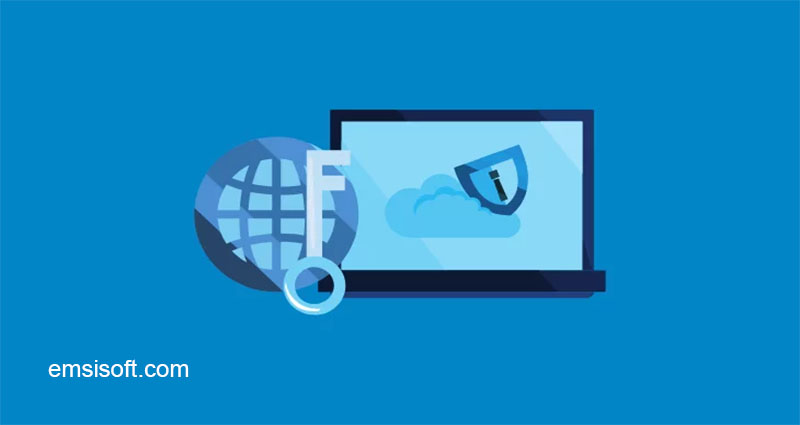Cyber security is the fastest growing industry in the world. It’s also one of the most dangerous and important fields to learn about today. If you’re interested in a cyber security career, there are many different ways that you can get your foot in the door—from going back to school as an adult learner or earning certifications while working full time.
What is a Cyber Security Degree?
A cyber security degree is a four-year program. A cyber security degree is also known as a bachelor’s degree, or Baccalaureate. Some people may refer to it as an undergraduate program.
A graduate-level degree in cyber security will prepare you for work in the field with specialized knowledge and skills in information technology and computer science fields such as software development, networking infrastructure, database management systems (DBMS), operating systems (OS), cloud computing services like Amazon Web Services (AWS).
Is a Cyber Security Degree Right for Me?
If you want to work in cyber security, a degree is a good start. A Cyber Security Degree will give you the skills and knowledge needed to work in this field. It is also helpful if you want to teach cyber security or work for the military.
A Cyber Security Degree can be obtained from many different schools around the world, but it may not be necessary for everyone who wants one. For example: If someone already has experience working as an IT professional or programmer then they may not need an education program at all because they already have all of those skills necessary on their own without taking classes at school!
What Kind of Jobs Can I Get with a Cyber Security Degree?
With a cyber security degree, you can get a job in virtually any industry and location. As technology becomes more prevalent, the need for qualified professionals to protect it has grown exponentially. The Bureau of Labor Statistics (BLS) reports that cybersecurity jobs are expected to grow by nearly 20% annually through 2022.[1]
In addition to government agencies and private companies looking for help protecting their networks and data, there are many opportunities available in areas such as healthcare IT security or retail point-of-sale systems (POS). If you have experience with these types of systems or other technologies like mobile devices or cloud computing platforms then even better!
How to Get a Job with a Cyber Security Degree
- Use a resume to highlight your skills.
- Use a cover letter to explain how your skills match the job description.
- Contact the company directly and ask for an interview.
- Do research on the company, their products, and their competitors before applying for any position at all!
What Kind of Certification Do I Need in Cyber Security?
While certifications can help you stand out from the crowd, they are not the only thing that employers look for. You should also have a strong resume and excellent problem solving skills. If you are looking for a job, it is always best to get certified as soon as possible so that prospective employers know what your qualifications are before they even interview you.
Certifications can also help get promotions when you already have a position at your company. This will make sure that everyone who works under you knows exactly what their job entails along with how well they are doing at it!
Certifications will advance careers by giving people new opportunities in cyber security such as working overseas or even starting their own business (if they’re interested).
The best way to improve your cyber security skills is by earning certifications, especially industry-recognized ones like those offered by CompTIA and Cisco.
Certifications are a great way to demonstrate your knowledge and skills in the field. They can also help you get a job or advance your career, get a raise, and even earn scholarships.
- Get hired: Some employers require certifications as part of their hiring process. If you want to work for one of these companies, earning the appropriate credential will make you stand out from other candidates who don’t have it on their resume — especially if there’s an industry shortage of talent in that area (as there is with cybersecurity).
- Advance: If you already have experience working in cyber security but haven’t yet gotten certified by an industry association like CompTIA or Cisco (see below), consider doing so now so that when it comes time for promotion within your organization or when looking elsewhere for new opportunities later down the line–or even just because there may be more responsibility associated with certain jobs–you can show off those extra qualifications via certification status badges on LinkedIn profiles!
- Earn raises: Another reason why getting certified might help increase paychecks: Employers often offer higher salaries based upon how many credentials employees hold compared against peers without any certification at all–and this trend applies across many industries including tech-related fields such as software development where demand is high but supply low due
The best way to improve your cyber security skills is by earning certifications, especially industry-recognized ones like those offered by CompTIA and Cisco. These certifications will help you get a job in the field and keep it, as well as give employers confidence that they’re hiring someone who knows what they’re doing.





